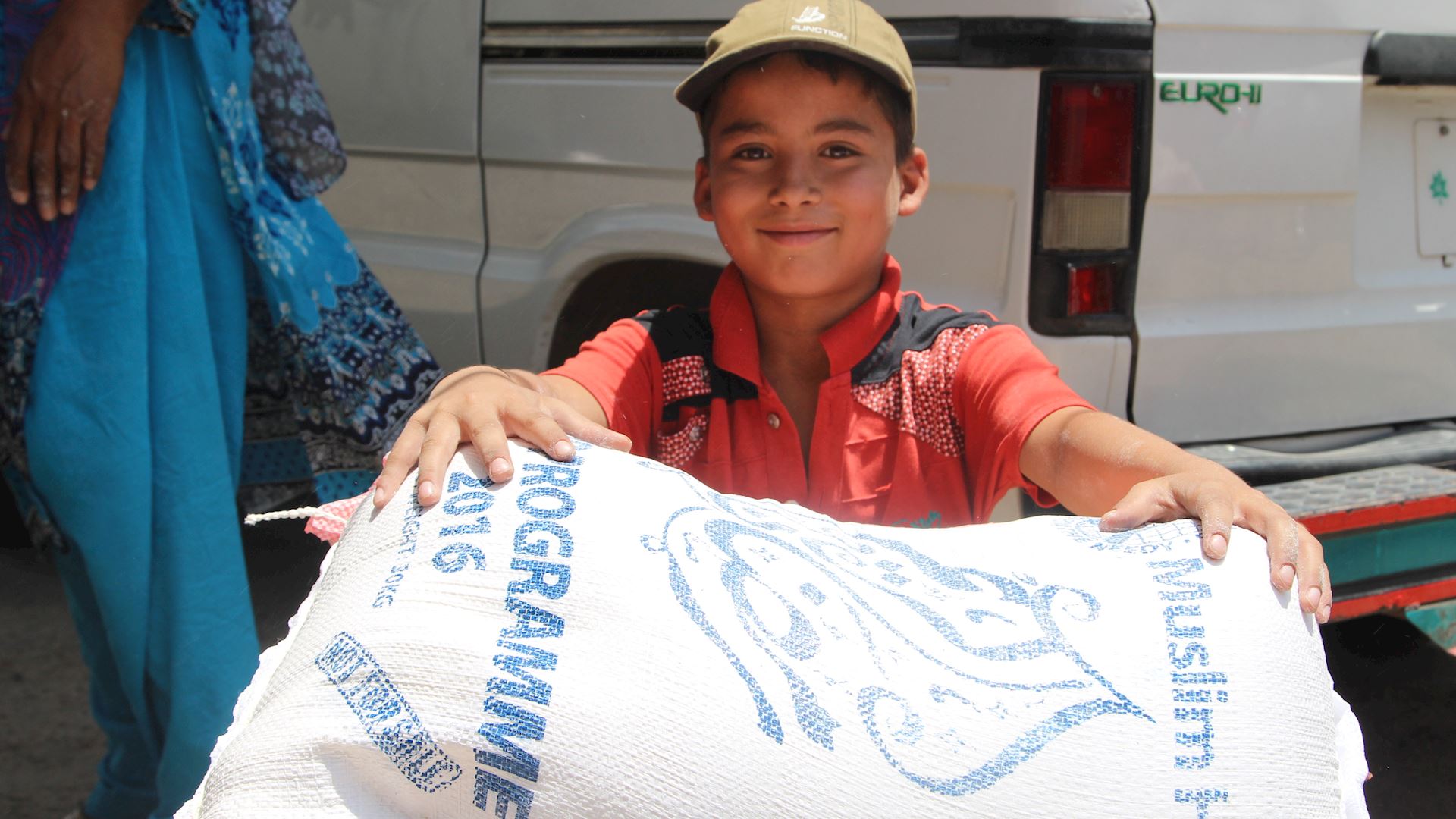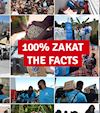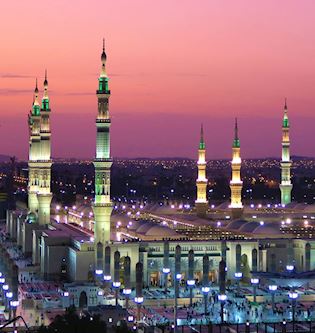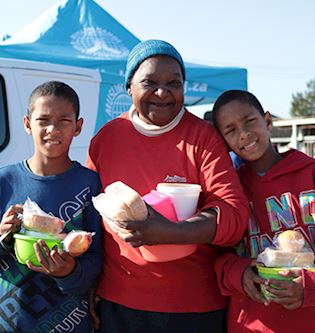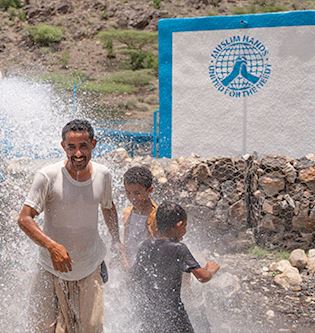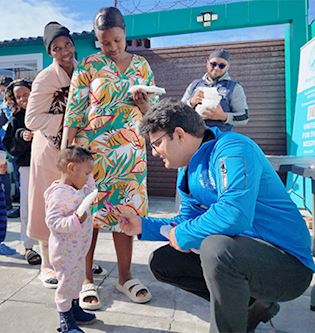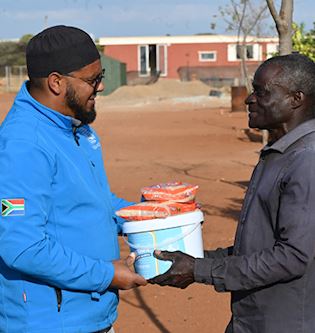Zakat al-Fitr: A Small Act with a Big Impact

Many of us will be busy trying to fill this month with good deeds, worship and charity. Amidst nightly Taraweeh prayers, choosing where to give our Zakat and Sadaqah and giving extra attention to the Qur’an, paying our Zakat al-Fitr can be easily forgotten.
This small, but important duty on all Muslims during Ramadan denotes the obligatory payment of a handful of food to a person in need and must be paid before Eid prayer. Muslim Hands has been distributing your Zakat al-Fitr for over twenty years. Here, we answer some common questions asked about paying Zakat al-Fitr:
Why is Zakat al-Fitr paid?
The main purpose of Zakat al-Fitr is to provide those who fasted with the means of making up for their mistakes during the month of fasting. It also ensures that the poor can celebrate the festival of Eid al-Fitr along with the rest of the Ummah.
Ibn Abbas narrated that:
‘The Prophet (saw) made Zakat al-Fitr compulsory so that those who fasted may be purified of their idle deeds and shameful talk and so that the poor may be fed’. (Abu Dawud)
Who has to pay it?
Any Muslim who has food in excess of their needs must pay Zakat al-Fitr. This means that, unlike Zakat, it is a duty on everyone in your household. The head of the household can pay on behalf of other members of the family.
What about children?
Zakat al-Fitr is due on every member of a household including children and babies. However, the head of the household may pay on behalf of their dependents.
When should it be paid?
Zakat al-Fitr is exclusive to the month of Ramadan and can be paid any time after the start of the holy month. The latest one can pay is before the Eid prayer so that the needy can benefit in time for Eid. Ibn Abbas narrates:
‘It is accepted as Zakat for the person who gives it before the Eid prayer; but it is a mere Sadaqah for the one who gives it after the prayer’. (Abu Dawud)
This shows the importance of paying your Zakat al-Fitr on time and so that it is accepted insha’Allah.
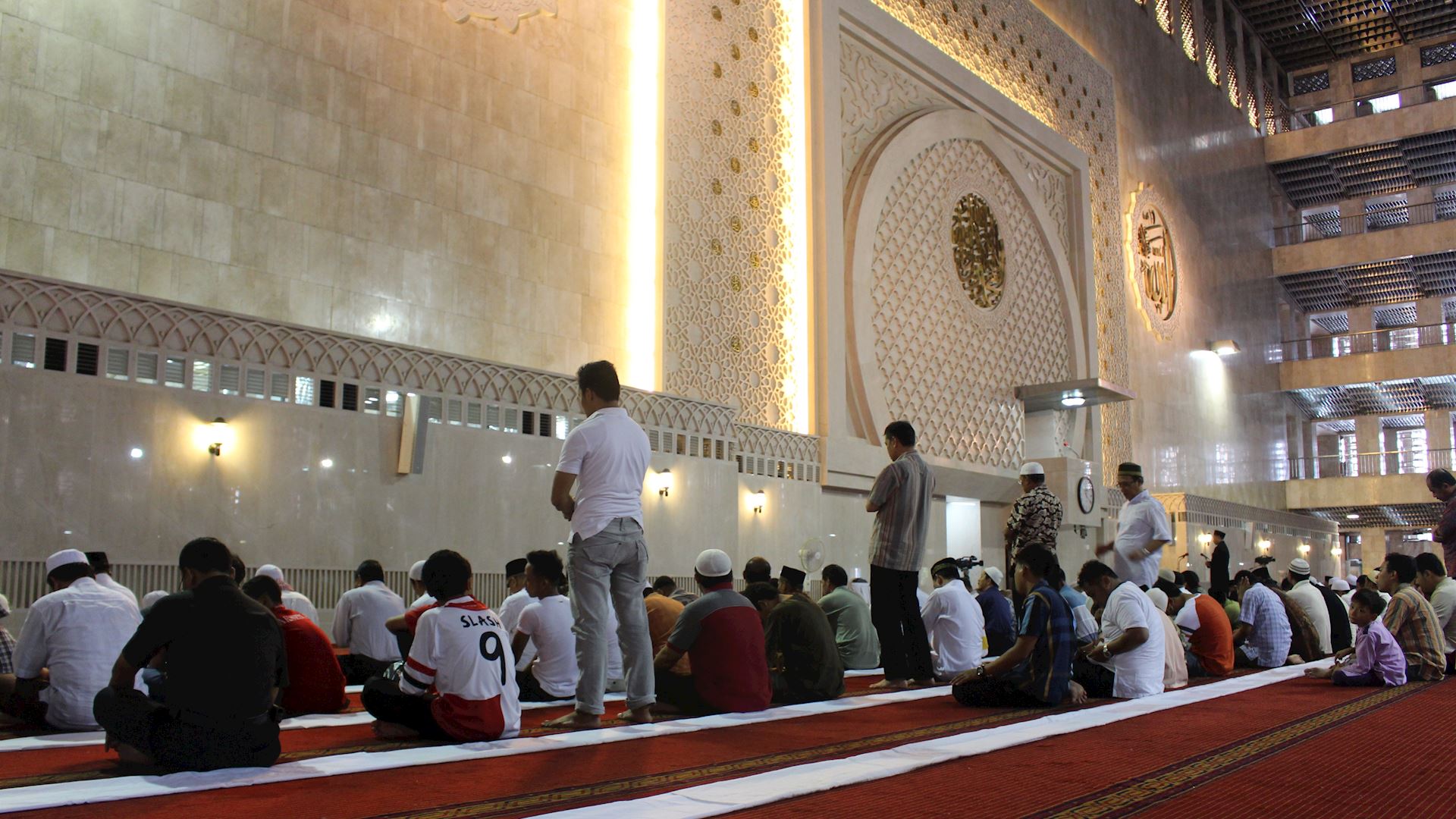
Can it be paid late if I forget?
Zakat al-Fitr must be paid before starting the Eid prayer. It will not be discounted if it is paid after this time, but it will be treated simply as Sadaqah and the reward will be lesser.
What are the benefits of Zakat al-Fitr?
The obvious benefits of Zakat al-Fitr is that it provides food for the poor and cleanses us of wrongdoings committed during Ramadan. However, the wisdom of this charity runs much deeper. Not only does it humble the giver by showing them that their money is a blessing from Allah (swt) and that the poor have a share to that money, but it also brings together all fibres of the Ummah. Even as we are preoccupied with the thoughts of the upcoming Eid celebrations we are urged to think of our brothers and sisters around the world who are struggling and to share the joy of Eid with them as well.
Can it be paid in cash?
At the time of the Prophet (saw) Zakat al-Fitr would be given as one Sa’a (approximately a handful) of a staple food to those in need. Abu Saeed narrates:
'We used to give for Zakat al-Fitr…one Sa'a of food, or one Sa'a of dried yogurt, or one Sa'a of barley, or one Sa'a of dates, or one Sa'a of raisins.' (Bukhari)
The reality now is that many of us are not best placed to do this so you can give money to an agent such as Muslim Hands to buy the food and distribute on your behalf.
How is the amount calculated nowadays?
One Sa’a is equivalent to four Madd – and a Madd is the amount that can be scooped up in two hands.
If we translate this into a cash value based upon the price of a staple food such as flour or rice in the UK, it equals between £3-5 in today’s money.
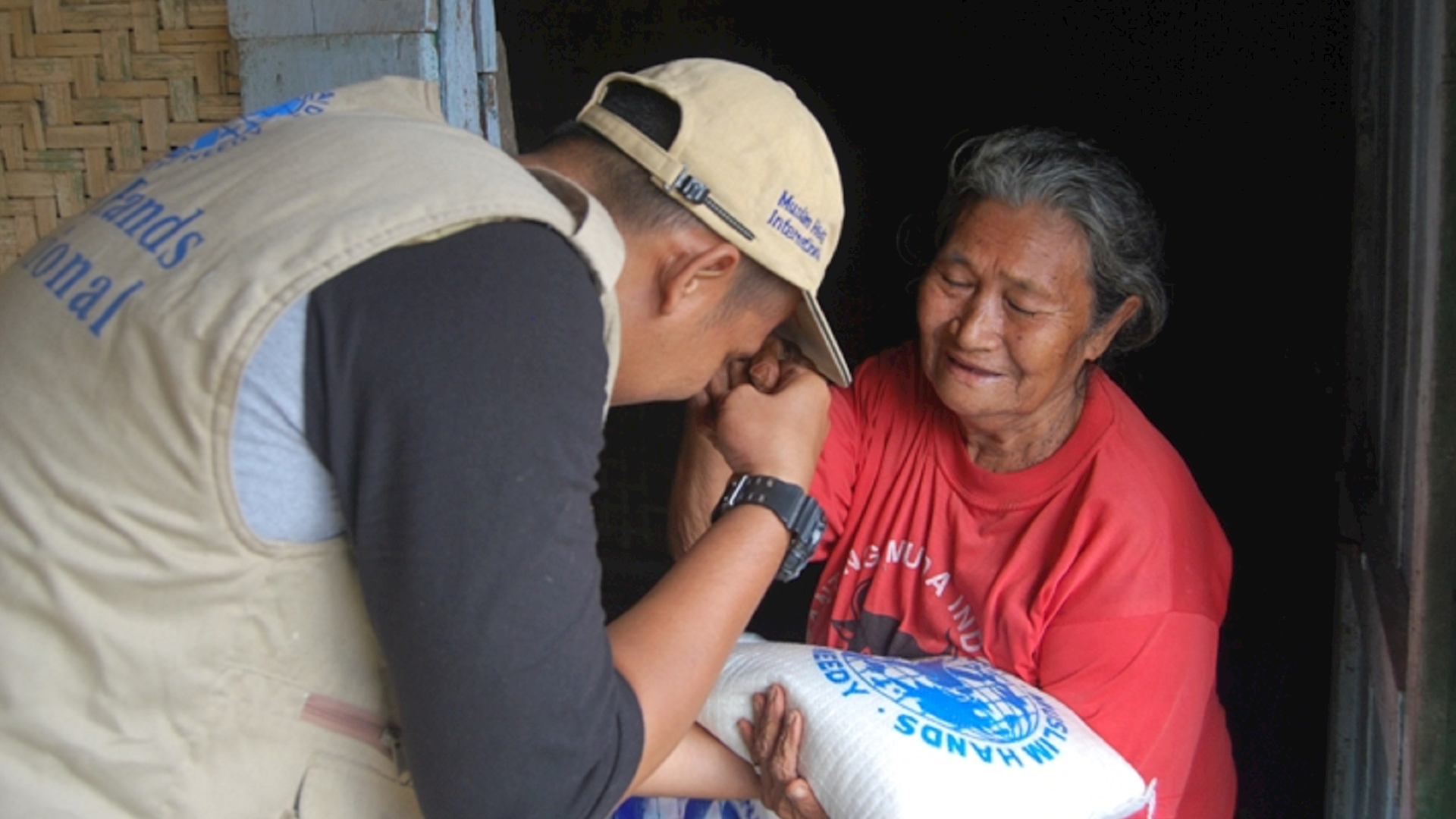
How does Muslim Hands distribute your Zakat al-Fitr?
As many of us in the UK are not easily able to find a deserving person and deliver the meal ourselves, Muslim Hands can distribute your Zakat al-Fitr on your behalf.
Our local experts engage with their communities on a daily basis and are best placed to identify those in need. Once this has been done, your money is used to buy the foodstuff that will be distributed to the poor and needy on the day of Eid. The experience and expertise we have built up after twenty-three years of handling your Zakat and Sadaqah makes us best placed to deliver your Zakat al-Fitr to those who really need it in time for Eid.
